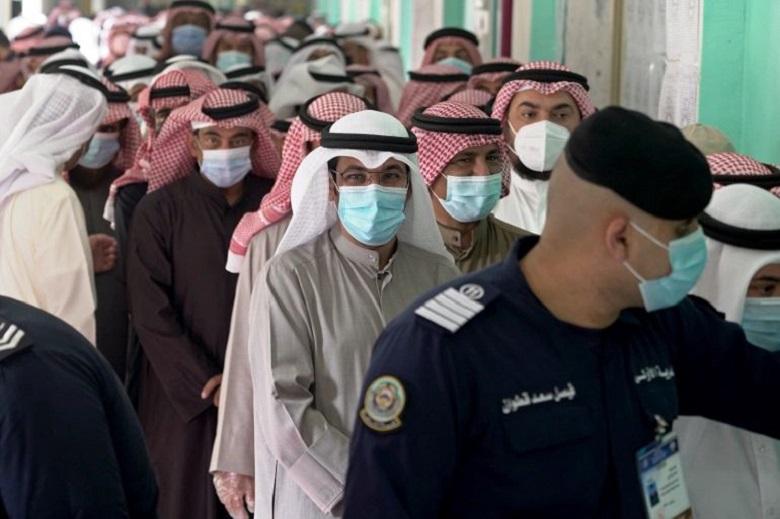In Saturday’s parliamentary elections in Kuwait, the only female representative was not re-elected. The opposition also won almost half (24) of the seats (50). That is a lot more than in the previous elections when she won 16 seats.
The majority was penalized but remains close to the move. In the oil-rich Gulf state, these are groups of nationalists and liberals. There were 29 women running in the parliamentary elections, but none of them secured a seat.
Only 15 years ago, Kuwait introduced the right to vote for women. On the other hand, thirty parliamentarians are under 45, which is encouraging for young people who expect reforms.
Unlike other countries in the region, Kuwait has a vibrant political life, with a parliament that is elected every four years and with great legislative power. The debates are often very lively. Political parties are neither prohibited nor recognized.
The electoral campaign was dominated by the fight against corruption, youth unemployment, freedom of expression, housing, and education.
There is also the thorny file of the ‘bidoens’, the stateless people, a minority without nationality. The ballot box also came when the corona crisis caused oil prices to fall sharply, with major economic consequences for the Gulf states.
